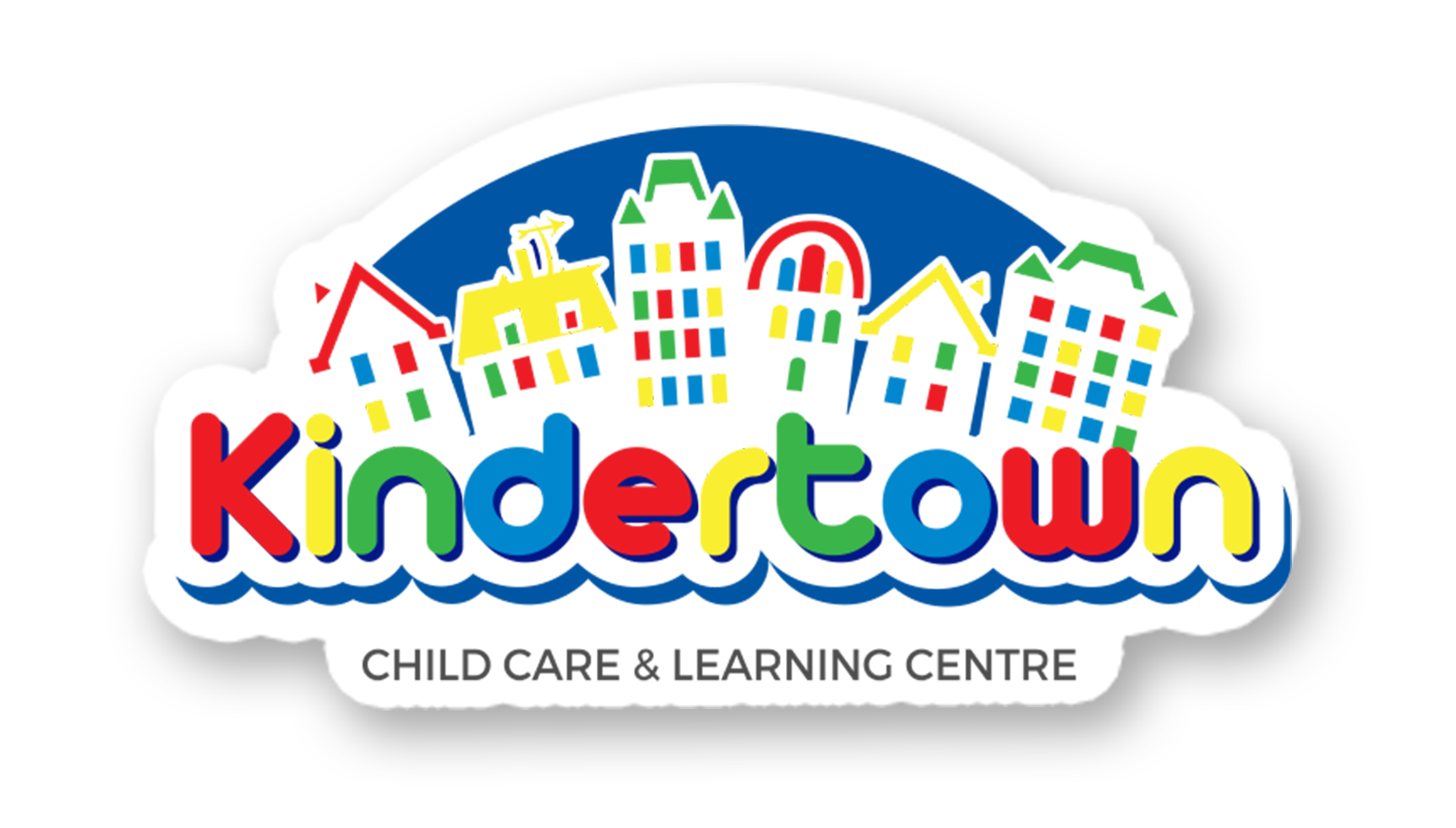Studio E: The Magic of Music
Children are naturally drawn to music. In gestation, you can catch them moving around to the sound of the radio. As infants, you can see them reach a sense of calm listening to the soft sounds of lullabies. As toddlers, we see them bouncing up and down dancing along to tunes from their favorite show. Many do not realize the importance of music education in early childhood. Just like math, science, and literacy, music plays a very important role in a child’s development.
Some of these benefits include enhanced development in:
1. Gross and Fine Motor Skills, Balance and Coordination
2. Language and Literacy Development
3. Emotional regulation, and Social Skills
How does music education promote development?
Gross and Fine Motor Skills, Balance and Coordination
Learning how to play an instrument involves many different levels of coordination. This includes hand-eye coordination and ear-hand coordination. Fine motor skills are exercised when your child plays the piano, strums a guitar, or pinches a castanet. Music also acts as a point of motivation for larger movements, such as dancing or jumping. These larger movements give the child an outlet to simultaneously build motor skills, and practice self-expression.
Language and Literacy Development
Research has shown that introduction to music in early childhood can accelerate brain development in language and literacy development. Musical experiences can stimulate new connections in the brain that aid in the learning process. Additionally, singing and rhyming are a great way to introduce new words and ideas to your child. Repetition of songs and words can help the child acquire new vocabulary which promotes Auditory Discrimination – the ability to differentiate sounds in language – and Phonological Awareness – the ability to identify the sound structure of words.
Emotional Regulation and Social Skills
Throughout history, music and poetry have been an excellent outlet for emotional expression. People often turn to music when they are having trouble putting their feelings into words.
Children who participate in group music experiences have the opportunity to increase empathy, and respect for others. Group music experiences also give children the opportunity to read the feelings of others through volume, timing, expressiveness and body language. Early Childhood Music education is also a great way to promote social skills. By incorporating collaboration into the lesson, Educators are helping the children work together to complete a common goal, which encourages respect among the children.
The Benefits of Our Program
At Studio E, we recognize these benefits, as well as the countless other developmental opportunities music has to offer in early childhood, which is why we created the DiscoverE Early Childhood Music program. Using a hands-on approach, we teach Rhythm, Music, and Movement to promote development in many areas. We use music not only to educate the child, but to teach the parents/caregivers new and innovative ways to incorporate music in their child’s lives so their enhanced development continues even when they have left the music room.


